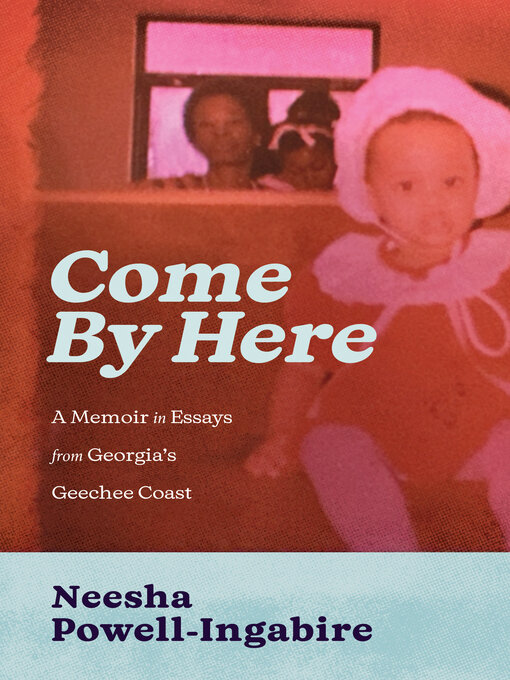In this powerful debut memoir, Neesha Powell-Ingabire chips away at coastal Georgia's facade of beaches and golden marshes to recover undertold Black history alongside personal and family stories.
In May of 2020, Neesha Powell-Ingabire's hometown became infamous after a viral video spread of white vigilantes killing a Black man named Ahmaud Arbery. The small coastal city of Brunswick, Georgia became synonymous with this tragedy, which, along with the police murders of Breonna Taylor and George Floyd, spurred an international movement that summer to end white supremacy.
Neesha Powell-Ingabire, a millennial journalist, essayist, and organizer, grew up in Brunswick feeling alienated as a Black queer and disabled girl in a fraught racial and political environment. Come By Here: A Memoir in Essays from Georgia's Geechee Coast traces the genealogy of systemic racial violence while paying homage to the area's long history of Black resistance and culture keeping. Powell-Ingabire probes her personal connection to past and present: the victorious campaign to remove Brunswick's Confederate monument out of a public park, modern echoes of ancestral practices such as farming, fishing, and basket weaving, the fight for Geechee land in Sapelo Island, and the mass suicide of the Igbo people, who drowned themselves in Dunbar Creek rather than be enslaved.
In Come By Here, Neesha Powell-Ingabire reckons with their home's collective history and their own history as a truth-telling exercise in line with Audre Lorde's advice: "It is better to speak."


